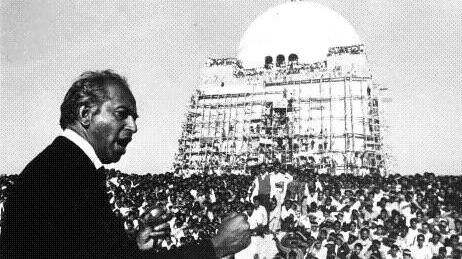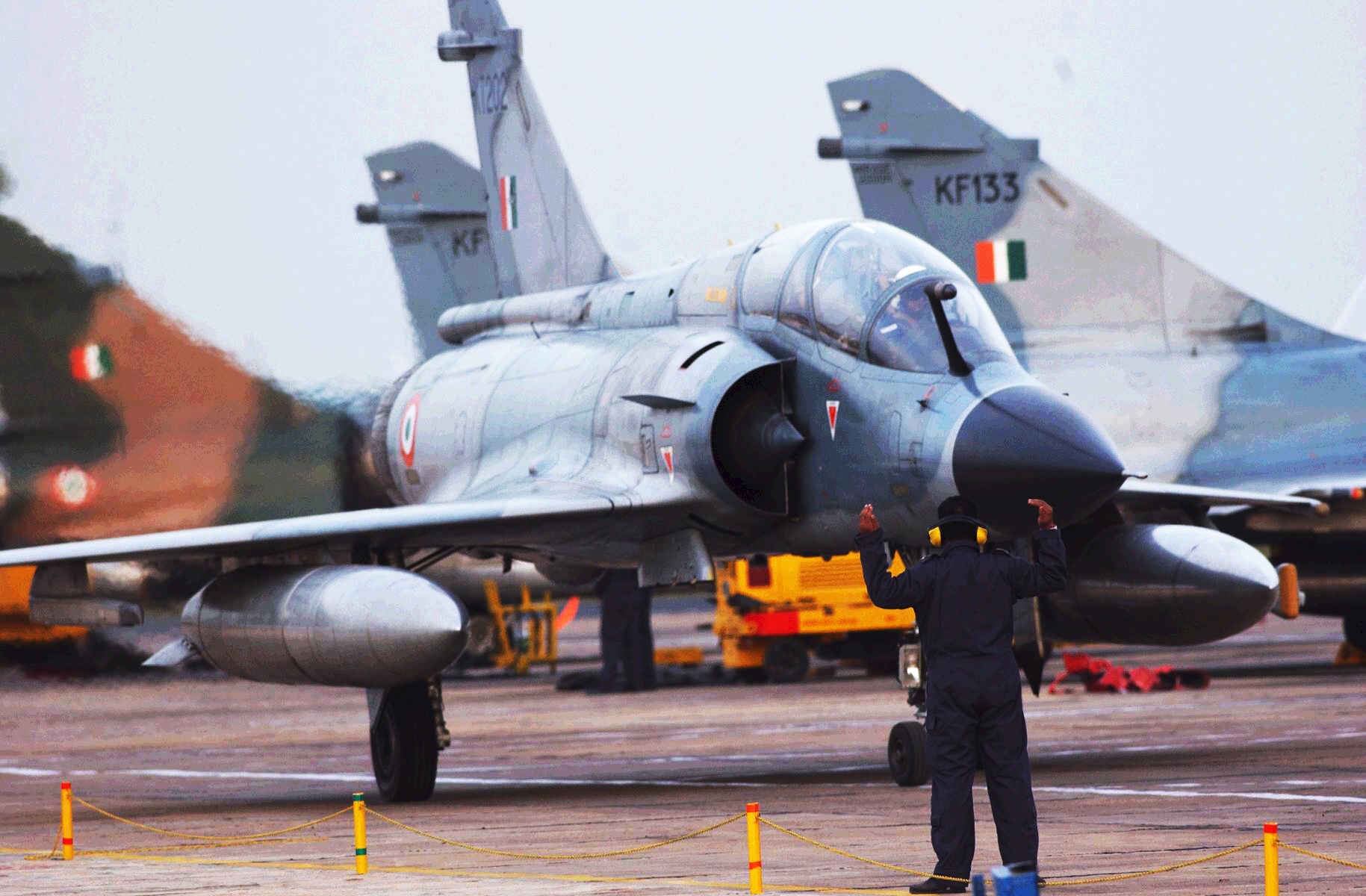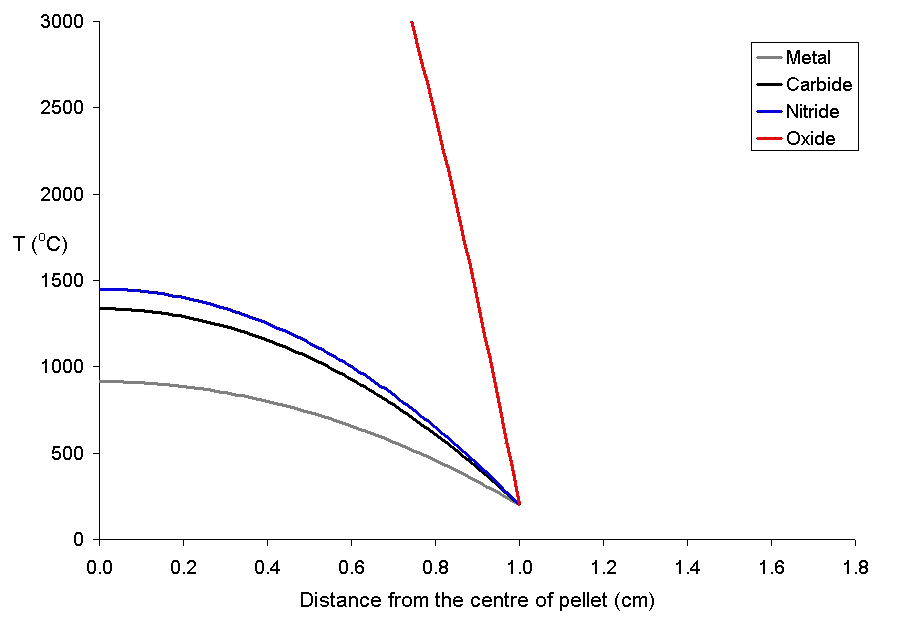|
Pakistan And Weapons Of Mass Destruction
Pakistan is one of List of states with nuclear weapons, nine states that possess nuclear weapons, and is not party to the Nuclear Non-Profileration Treaty (NPT) and any of its provisions. As of 2025, multiple unofficial sources indicate a stockpile of 170 warheads (fission type). Pakistan maintains a doctrine of Full spectrum deterrence, minimum credible deterrence instead of a no first-use policy, promising to use "any weapon in its arsenal" to protect its interests in case of an aggressive attack. Pakistan is not widely suspected of either producing biological weapons or having an offensive biological programme. Pakistan has ratified the Geneva Protocol, the Chemical Weapons Convention, as well as the Biological Weapons Convention, Biological and Toxin Weapons Convention). History After the Partition of India in 1947, India and Pakistan have been in conflict over several issues, including the disputed territory of Jammu and Kashmir (union territory), Jammu and Kashmir. ... [...More Info...] [...Related Items...] OR: [Wikipedia] [Google] [Baidu] |
Pakistan
Pakistan, officially the Islamic Republic of Pakistan, is a country in South Asia. It is the List of countries and dependencies by population, fifth-most populous country, with a population of over 241.5 million, having the Islam by country#Countries, second-largest Muslim population as of 2023. Islamabad is the nation's capital, while Karachi is List of cities in Pakistan by population, its largest city and financial centre. Pakistan is the List of countries and dependencies by area, 33rd-largest country by area. Bounded by the Arabian Sea on the south, the Gulf of Oman on the southwest, and the Sir Creek on the southeast, it shares land borders with India to the east; Afghanistan to the west; Iran to the southwest; and China to the northeast. It shares a maritime border with Oman in the Gulf of Oman, and is separated from Tajikistan in the northwest by Afghanistan's narrow Wakhan Corridor. Pakistan is the site of History of Pakistan, several ancient cultures, including the ... [...More Info...] [...Related Items...] OR: [Wikipedia] [Google] [Baidu] |
India And Weapons Of Mass Destruction
India possesses nuclear weapons and previously developed chemical weapons. Although India has not released any official statements about the size of its nuclear arsenal, recent estimates suggest that India has 180 nuclear weapons. India has conducted nuclear weapons tests in a pair of series namely '' Pokhran I'' and '' Pokhran II''. India is a member of three multilateral export control regimes — the Missile Technology Control Regime, Wassenaar Arrangement and Australia Group. It has signed and ratified the Biological Weapons Convention and the Chemical Weapons Convention. India is also a subscribing state to the Hague Code of Conduct. India has signed neither the Comprehensive Nuclear-Test-Ban Treaty nor the Nuclear Non-Proliferation Treaty, considering both to be flawed and discriminatory. India previously possessed chemical weapons, but voluntarily destroyed its entire stockpile in 2009 — one of the seven countries to meet the OPCW extended deadline. India main ... [...More Info...] [...Related Items...] OR: [Wikipedia] [Google] [Baidu] |
Nilore, Islamabad
Nilore () is a townsite-city in the Islamabad Capital Territory of Pakistan, located and established in the district limit of Islamabad. The city is located around 25 kilometers south-east of Islamabad, and controlled under the Islamabad Police to ensure the law and justice in the city. The Pakistan Institute of Nuclear Science & Technology (PINSTECH), covering around 400 acres, and the Pakistan Institute of Engineering & Applied Sciences (PIEAS) are located in Nilore, where key nuclear research takes place. History Nilore was established in 1967 as a research site for nuclear technology. It became a secret city and became one of the major research site for the integrated nuclear development to develop the atom bomb in the 1970s. It was closed to the public in the 1970s by the Ministry of Defence, and starting in 1972, the Pakistan Army Corps of Engineers acquired the entire city and immediately removed the local residents as they were paid heavy compensation. By 1973, the ... [...More Info...] [...Related Items...] OR: [Wikipedia] [Google] [Baidu] |
Pakistan Institute Of Nuclear Science And Technology
Pakistan, officially the Islamic Republic of Pakistan, is a country in South Asia. It is the fifth-most populous country, with a population of over 241.5 million, having the second-largest Muslim population as of 2023. Islamabad is the nation's capital, while Karachi is its largest city and financial centre. Pakistan is the 33rd-largest country by area. Bounded by the Arabian Sea on the south, the Gulf of Oman on the southwest, and the Sir Creek on the southeast, it shares land borders with India to the east; Afghanistan to the west; Iran to the southwest; and China to the northeast. It shares a maritime border with Oman in the Gulf of Oman, and is separated from Tajikistan in the northwest by Afghanistan's narrow Wakhan Corridor. Pakistan is the site of several ancient cultures, including the 8,500-year-old Neolithic site of Mehrgarh in Balochistan, the Indus Valley Civilisation of the Bronze Age, and the ancient Gandhara civilisation. The regions that compose the ... [...More Info...] [...Related Items...] OR: [Wikipedia] [Google] [Baidu] |
Nuclear Reactor Technology
A nuclear reactor is a device used to initiate and control a fission nuclear chain reaction. They are used for commercial electricity, marine propulsion, weapons production and research. Fissile nuclei (primarily uranium-235 or plutonium-239) absorb single neutrons and split, releasing energy and multiple neutrons, which can induce further fission. Reactors stabilize this, regulating neutron absorbers and moderators in the core. Fuel efficiency is exceptionally high; low-enriched uranium is 120,000 times more energy dense than coal. Heat from nuclear fission is passed to a working fluid coolant. In commercial reactors, this drives turbines and electrical generator shafts. Some reactors are used for district heating, and isotope production for medical and industrial use. Following the 1938 discovery of fission, many countries initiated military nuclear research programs. Early subcritical experiments probed neutronics. In 1942, the first artificial critical ... [...More Info...] [...Related Items...] OR: [Wikipedia] [Google] [Baidu] |
Nuclear Technology
Nuclear technology is technology that involves the nuclear reactions of atomic nucleus, atomic nuclei. Among the notable nuclear technologies are nuclear reactors, nuclear medicine and nuclear weapons. It is also used, among other things, in smoke detectors and gun sights. History and scientific background Discovery The vast majority of common, natural phenomena on Earth only involve gravity and electromagnetism, and not nuclear reactions. This is because atomic nuclei are generally kept apart because they contain positive electrical charges and therefore repel each other. In 1896, Henri Becquerel was investigating phosphorescence in uranium salts when he discovered a new phenomenon which came to be called radioactivity. He, Pierre Curie and Marie Curie began investigating the phenomenon. In the process, they isolated the element radium, which is highly radioactive. They discovered that radioactive materials produce intense, penetrating rays of three distinct sorts, which ... [...More Info...] [...Related Items...] OR: [Wikipedia] [Google] [Baidu] |
Abdus Salam
Mohammad Abdus Salam Salam adopted the forename "Mohammad" in 1974 in response to the anti-Ahmadiyya decrees in Pakistan, similarly he grew his beard. (; ; 29 January 192621 November 1996) was a Pakistani theoretical physicist. He shared the 1979 Nobel Prize in Physics with Sheldon Glashow and Steven Weinberg for his contribution to the electroweak unification theory. He was the first Pakistani and the first scientist from an Islamic country to receive a Nobel Prize and the second from an Islamic country to receive any Nobel Prize, after Anwar Sadat of Egypt. Salam was scientific advisor to the Ministry of Science and Technology in Pakistan from 1960 to 1974, a position from which he played a major and influential role in the development of the country's science infrastructure. Salam contributed to numerous developments in theoretical and particle physics in Pakistan. He was the founding director of the Space and Upper Atmosphere Research Commission (SUPARCO), and responsibl ... [...More Info...] [...Related Items...] OR: [Wikipedia] [Google] [Baidu] |
Ali Bhutto Karachi 1969
Ali ibn Abi Talib (; ) was the fourth Rashidun caliph who ruled from until his assassination in 661, as well as the first Shia Imam. He was the cousin and son-in-law of the Islamic prophet Muhammad. Born to Abu Talib ibn Abd al-Muttalib and Fatima bint Asad, Ali was raised by his elder cousin Muhammad and was among the first to accept his teachings. Ali played a pivotal role in the early years of Islam when Muslims were severely persecuted in Mecca. After immigration () to Medina in 622, Muhammad gave his daughter Fatima to Ali in marriage and swore a pact of brotherhood with him. Ali served as Muhammad's secretary and deputy in this period, and was the flag bearer of his army. Numerous sayings of Muhammad praise Ali, the most controversial of which was uttered in 632 at the Ghadir Khumm, "Whoever I am his , this Ali is his ." The interpretation of the polysemous Arabic word is disputed: For Shia Muslims, Muhammad thus invested Ali with his religious and political authorit ... [...More Info...] [...Related Items...] OR: [Wikipedia] [Google] [Baidu] |
Nuclear Fuel Cycle
The nuclear fuel cycle, also known as the nuclear fuel chain, describes the series of stages that nuclear fuel undergoes during its production, use, and recycling or disposal. It consists of steps in the ''front end'', which are the preparation of the fuel, steps in the ''service period'' in which the fuel is used during reactor operation, and steps in the ''back end'', which are necessary to safely manage, contain, and either reprocess or dispose of spent nuclear fuel. If spent fuel is not reprocessed, the fuel cycle is referred to as an ''open fuel cycle'' (or a ''once-through fuel cycle''); if the spent fuel is reprocessed, it is referred to as a ''closed fuel cycle''. Basic concepts Nuclear power relies on fissionable material that can sustain a chain reaction with neutrons. Examples of such materials include uranium and plutonium. Most nuclear reactors use a moderator to lower the kinetic energy of the neutrons and increase the probability that fission will occur. This ... [...More Info...] [...Related Items...] OR: [Wikipedia] [Google] [Baidu] |
Ishrat Hussain Usmani
Ishrat Hussain Usmani () (15 April 1917 – 17 June 1992) , best known as I. H. Usmani, was a Pakistani atomic physicist, and later a public official who chaired the Pakistan Atomic Energy Commission (PAEC) from 1960 to 1971 as well as overseeing the establishment of the Space Research Commission. His career was mostly spent in the Government of Pakistan as a public policy official where he pushed for peaceful and commercial usage of the nuclear energy, and later working on arms control with Ministry of Defense to become a party of Partial Test Ban Treaty in 1963 before joining the International Atomic Energy Agency (IAEA) as its Chair of its Board of Governors. Usmani oversaw the nuclear power generation in Pakistan, working towards commissioning the nuclear power grid station in Karachi, and strengthened the role of the atomic energy commission at the United Nations. Biography Ishrat Hussain Usmani was born in Delhi in India on 15 April 1917. Usmani hailed from a ... [...More Info...] [...Related Items...] OR: [Wikipedia] [Google] [Baidu] |
Atoms For Peace
"Atoms for Peace" was the title of a speech delivered by U.S. president Dwight D. Eisenhower to the UN General Assembly in New York City on December 8, 1953. The United States then launched an "Atoms for Peace" program that supplied equipment and information to schools, hospitals, and research institutions within the U.S. and throughout the world. The first nuclear reactors in Israel and Pakistan were built under the program by American Machine and Foundry, a company more commonly known as a major manufacturer of bowling equipment. Philosophy The speech was part of a carefully orchestrated media campaign, called " Operation Candor", to enlighten the American public on the risks and hopes of a nuclear future. It was designed to shift public focus away from the military, a strategy that Eisenhower referred to as "psychological warfare." Both Operation Candor and Atoms for Peace were influenced by the January 1953 report of the State Department Panel of Consultants on Disarmam ... [...More Info...] [...Related Items...] OR: [Wikipedia] [Google] [Baidu] |
Dwight D
Dwight may refer to: People and fictional characters * Dwight (given name), including a list of people and fictional characters * Dwight (surname), a list of people Places Canada * Dwight, Ontario, village in the township of Lake of Bays, Ontario United States * Dwight (neighborhood), part of an historic district in New Haven, Connecticut * Dwight, Illinois, a village * Dwight, Kansas, a city * Dwight, Massachusetts, a village * Dwight, Michigan, an unincorporated community * Dwight, Nebraska, a village * Dwight, North Dakota, a city * Dwight Township, Livingston County, Illinois * Dwight Township, Michigan Other uses * Dwight Airport, a public-use airport north of Dwight, Illinois * Dwight Correctional Center, a maximum security prison for adult females in Illinois * Dwight School, New York City {{disambig, geo ... [...More Info...] [...Related Items...] OR: [Wikipedia] [Google] [Baidu] |






